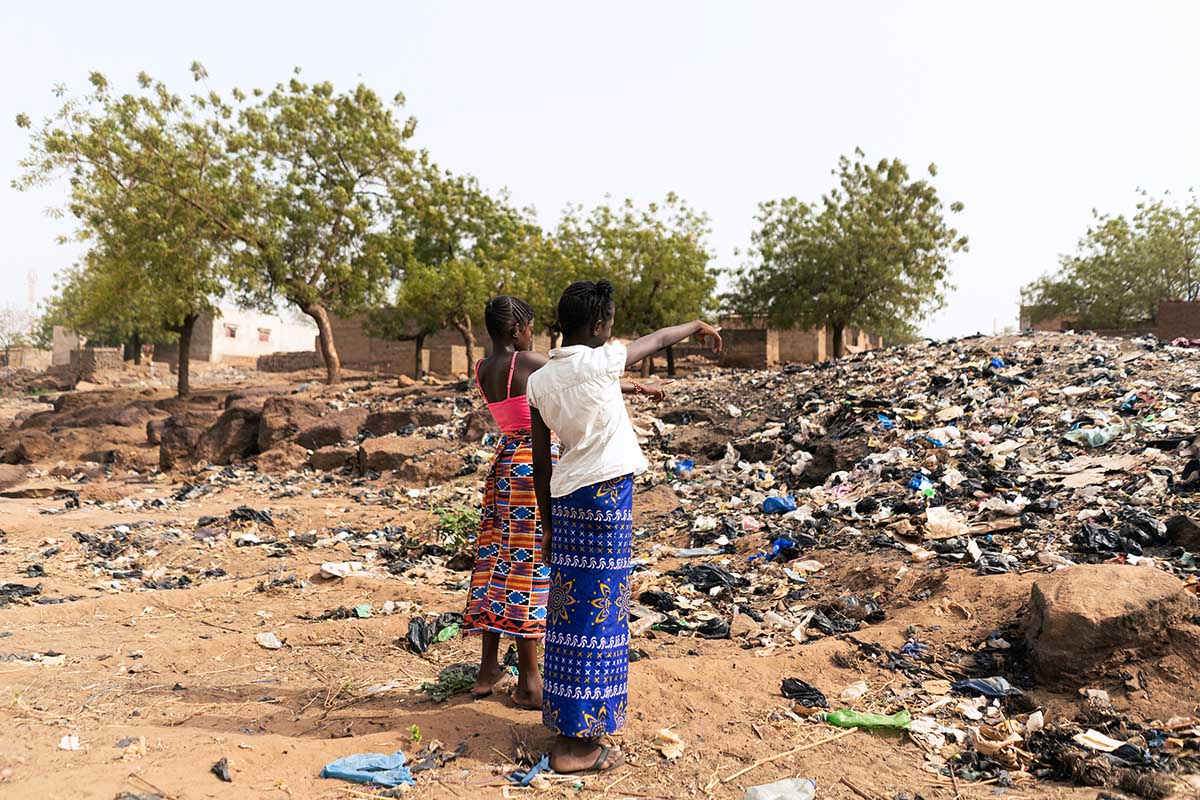Inversely Proportional: Ghanaians’ Faith and The State of the Environment
September 8by Ewura Adwoa Larbi
Not one or two, but a whopping 98.9% of Ghanaians believe in a God, creator, or higher power. On the other hand, there is not one or two, but a multitude of evidence testifying to devastating state of our environment. How ironic a scene.
On a Sunday morning, you could easily conclude that the family huddled together in a caravan, their fine clothes visible through the semi-tinted windows, was headed for church. Yes, because this is Ghana where 71.3% of the population (2021 Census) is Christian. Now, if you saw another family clad in their usually bejewelled flowy clothes, briskly heading into a domed roof building, you’d be right to think it was Friday and they were Muslim. 19.9%, (6.1 million) of Ghanaians identified as Muslim in the 2021 Population and Housing Census. In addition, 999,319 people practised African Traditional Religion, while the remaining 4.5% represented other religions. With our general population set to increase annually, these numbers might have already multiplied.
In contrast, within the same timeline as the census and now, we have lost forests to illegal mining and personal agendas; potable water to the same and refuse; and fresh air to fumes; and more endangered pangolins to soups and smugglers. These are just a fraction of the issues. Advocacy and mitigation efforts persist, some of which consistently make the headlines. However, things keep plummeting. What could be our fundamental problem?
We have ‘invited Climate Change to the chat’, and rightly called out failing government policies such as (L.I.) 2462 and (E.I.) 144. But after running out of fingers to point, we are left with ourselves. Individuals, who profess faith that demands nature conservation of us.
Yet, we seem not to have found the link between our faith and environment. Or even if we have, we are blatantly ignoring it. While some faith communities are gradually building environmental accountability mechanisms, most are not; a painfully slow progression.
In the wake of Africa Evidence Week, we see the damning receipts of environmental degradation as a nation and the importance of taking action, based on the facts. Not here to instruct, I remind you that as with an eye with its lashes, faith and conservation aren’t meant to walk different paths, but the same, and call you to self-reflection and accountability.
If we tapped into the power of “faith-fetched” environmental stewardship, how unstoppable do you think we’d be in safeguarding our natural resources?






